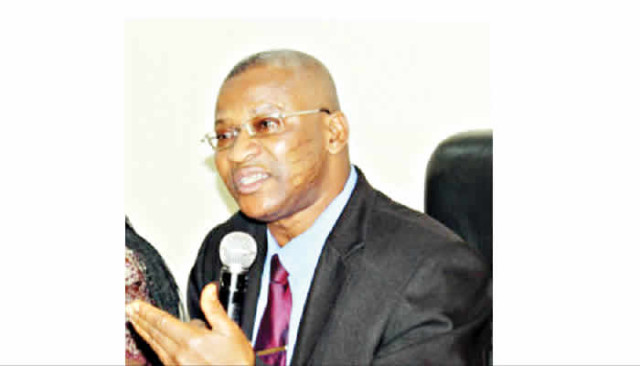According to data from the Universal Basic Education, only 915,913 teachers are available for at least 31,771,916 learners in public and private primary schools across the country.
Teachers in various states and the Federal Capital Territory are facing challenges such as unpaid minimum wages and poor working conditions.
Recently, teachers in the Federal Capital Territory went on strike due to local councils' failure to implement the minimum wage approved by President Bola Tinubu last year.
Reports indicate thta 18 states did not recruit any teachers from 2019 to 2024, a period of five years.
The Teachers Registration Council of Nigeria has expressed concerns about the shortage of qualified teachers in the country, which is more severe in rural areas, worsening educational inequality.
The former Registrar of the TRCN, Prof. Josiah Ajiboye, mentioned in an interview that the increasing population of schoolchildren and the rise in the number of schools, both government and private, pose significant challenges for the education system.
He highlighted that the availability and quality of qualified teachers are essential for providing quality education. However, the scarcity of qualified teachers in Nigeria raises several concerns.
In many schools, the teacher-student ratio has become unfavorable due to a growing school population and inadequate recruitment of new teachers. Data from UBEC shows that there are at least 131,377 primary schools in the country (with 65,529 being public and 65,848 private).
The number of pupils in public primary schools is estimated at 24.2 million, while private schools have around 7.4 million.
Titus Amba, the President of the National Union of Teachers, stated that this manpower crisis has left students facing learning poverty with uncertain futures.
He emphasized that situations in junior and senior secondary schools, particularly in rural areas, are concerning, as many schools operate with only one or two teachers for large groups of students, resulting in what he termed "learning poverty."
He called on governments at all levels to respond to the global demand for well-trained and supported teachers, affirming that every student deserves access to a qualified teacher to promote sustainable educational development.




















